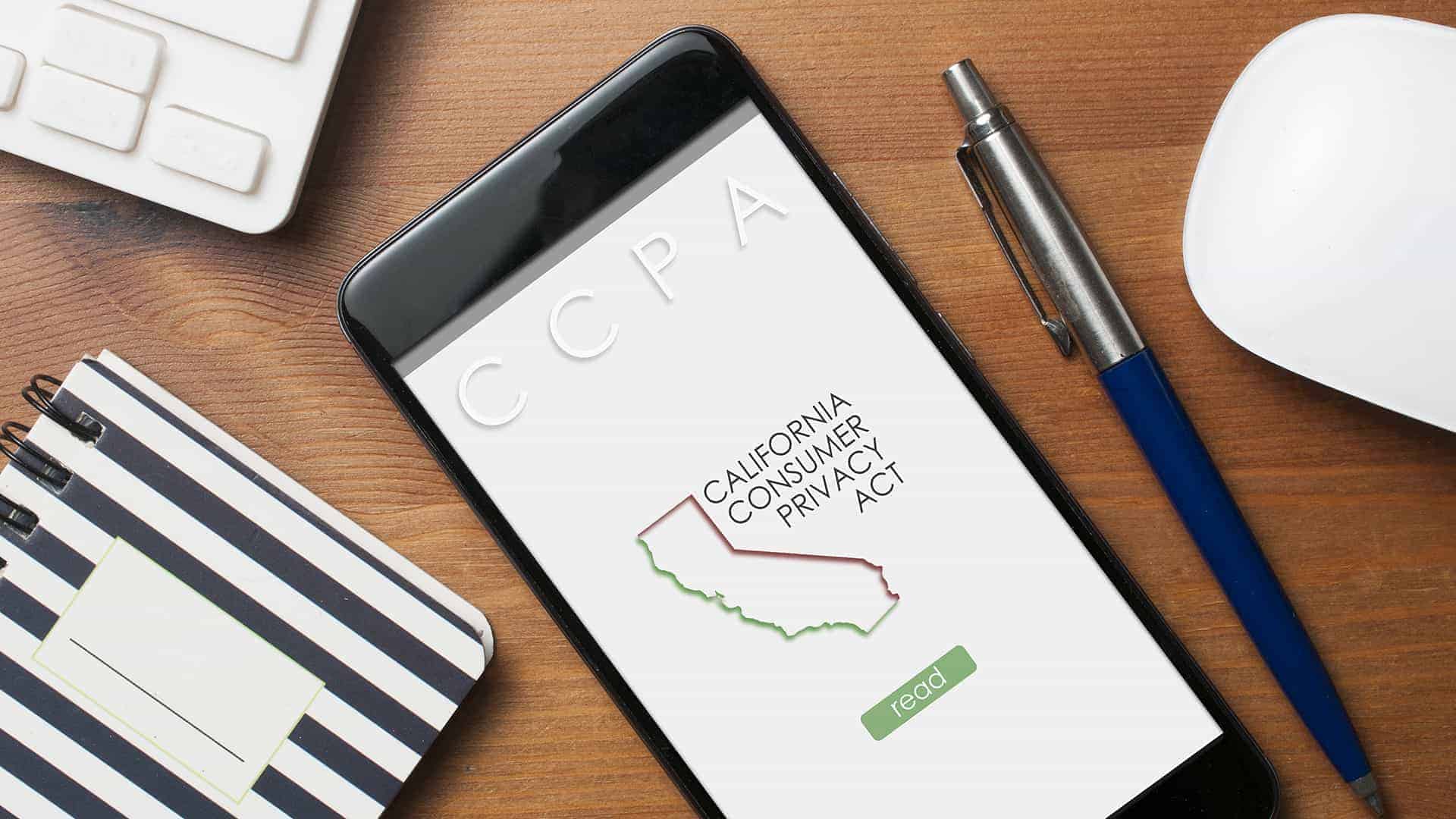
SCOTUS Holds Ambiguous Agreement Not Enough for Classwide Arbitration
In a 5-4 decision, the Supreme Court of the United States recently held that under the Federal Arbitration Act (FAA), an ambiguous agreement cannot provide the necessary contractual basis for concluding that the parties agreed to submit to class arbitration.
Accordingly, the contrary ruling of the Ninth Circuit was reversed and the matter was remanded to the trial court for further proceedings.
A copy of the opinion in Lamps Plus, Inc. v. Varela is available at: Link to Opinion.
The defendant company sells light fixtures and related products. In 2016, a hacker impersonating a company official tricked a company employee into disclosing tax information of approximately 1,300 other employees, after which a fraudulent tax return was filed in the name of one of the employees (“plaintiff”).
The plaintiff had signed an arbitration agreement when he started work at the company, but after the data breach, he sued the company in federal district court in California, bringing state and federal claims on behalf of a putative class of employees whose tax information had been compromised.
The company moved to compel arbitration on an individual rather than classwide basis, and to dismiss the lawsuit. The district court granted the motion to compel arbitration and dismissing the plaintiff’s claims without prejudice, but rejected the company’s request for individual arbitration, and instead authorized arbitration on a classwide basis.
The company appealed to the Ninth Circuit arguing that the court erred in compelling class arbitration.
The Ninth Circuit affirmed. In so ruling, the Ninth Circuit acknowledged that the Supreme Court decision in Stolt-Nielsen S.A. v. AnimalFeeds Int’l Corp., 559 U.S. 662 (2010), prohibits forcing a party “to submit to class arbitration unless there is a contractual basis for concluding that the party agreed to do so,” and that the plaintiff’s agreement “include[d] no express mention of class proceedings.”
However, the Ninth Circuit reasoned that although the agreement did not expressly refer to class arbitration, it was not the “silence” contemplated in Stolt-Nielsen because there the parties had stipulated that their agreement was silent about class arbitration. Because there was no such stipulation in this case, the Ninth Circuit concluded that Stolt-Nielsen was not controlling.
The Ninth Circuit next determined that the agreement was ambiguous on the issue of class arbitration, and therefore followed California law to construe the ambiguity against the drafter, which rule “applies with peculiar force in the case of a contract of adhesion” such as the one at issue.
The company then petitioned for a writ of certiorari, which the Supreme Court granted.
The Supreme Court first analyzed whether it had jurisdiction under section 16 of the FAA, which governs appellate review of arbitration orders. The plaintiff argued that the Ninth Circuit lacked statutory jurisdiction because section 16 permits appeal from orders denying motions to compel arbitration, § 16(a)1)(B), but not orders granting such motions, § 16(b)(2).
However, the company relied on section 16(a)(3), which provides that an appeal may be taken from “a final decision with respect to an arbitration that is subject to this title.” The Supreme Court explained that it had previously held that an order both compelling arbitration and dismissing the underlying claims is “final” within the meaning of section 16(a)(3). Therefore, the Court had jurisdiction.
Turning to the interpretation of the parties’ agreement, the majority noted that the Ninth Circuit applied California law to conclude that the parties’ agreement was ambiguous on the availability of class arbitration, and therefore “[f]ollowing our normal practice, we defer to the Ninth Circuit’s interpretation and application of state law and thus accept that the agreement should be regarded as ambiguous.”
Thus, the Supreme Court “face[d] the question whether, consistent with the FAA, an ambiguous agreement can provide the necessary ‘contractual basis’ for compelling class arbitration.”
The Court held “that it cannot – a conclusion that follows directly from our decision in Stolt-Nielsen.”
In reaching its conclusion, the majority noted class arbitration is not only markedly different from the “traditional individualized arbitration” contemplated by the FAA but also that it “undermines the most important benefits of that familiar form of arbitration.”
“The statute, therefore, requires more than ambiguity to ensure that the parties actually agreed to arbitrate on a classwide basis.”
After exploring the differences between class and individual arbitration, the majority stated that “[b]ecause of these ‘crucial differences’ between individual and class arbitration, Stolt-Nielsen explained that there is ‘reason to doubt the parties’ mutual consent to resolve disputes through class arbitration.”
For that reason, the Supreme Court “held that courts may not infer consent to participate in class arbitration absent an affirmative ‘contractual basis for concluding that the party agreed to do so,’” and “[s]ilence is not enough.”
Following its reasoning in Stolt-Nielsen, the Court explained “[l]ike silence, ambiguity does not provide a sufficient basis to conclude that parties to an arbitration agreement agreed to ‘sacrifice[] the principal advantage of arbitration.”
The Ninth Circuit and dissenting justices reached a contrary conclusion based on California’s rule that ambiguity in a contract should be construed against the drafter.
However, the majority explained that the “rule applies ‘only as a last resort,’” and “the reach of the canon construing contract language against the drafter must have limits, no matter who the drafter is.”
Further, “[c]lass arbitration, to the extent it is manufactured by [state law] rather than consen[t], is inconsistent with the FAA.”
And, the general rule that ambiguity in a contract should be construed against the drafter “cannot be applied to impose class arbitration in the absence of the parties’ consent.”
The Supreme Court therefore held that “[c]ourts may not infer from an ambiguous agreement that parties have consented to arbitrate on a classwide basis,” and the rule that ambiguity in a contract should be construed against the drafter “cannot substitute for the requisite affirmative ‘contractual basis for concluding that the part[ies] agreed to [class arbitration]”.
About Maurice Wutscher
Maurice Wutscher is a national financial services defense and compliance law firm providing superlative defense and unmatched dedication to clients in key cities nationwide. Maurice Wutscher specializes in appellate matters, business formation and transactions, class action litigation, commercial litigation, construction litigation, consumer credit litigation, contested bankruptcies, contested foreclosures, employment litigation, insurance recovery and advisory services, intellectual property litigation, regulatory compliance, and trials and evidentiary hearings. Maurice Wutscher’s attorneys are leaders and influencers in the area of consumer financial services law, serving in leadership positions in industry groups and regularly publishing and speaking before national audiences. Bold leadership, strategic guidance and sound insight are the hallmarks of the Maurice Wutscher professional. The firm is committed to providing unparalleled client service, efficiency, and thought leadership.
This article courtesy of Maurice Wutscher LLP’s Consumer Financial Services Blog and was written by Jeffrey Karek.






